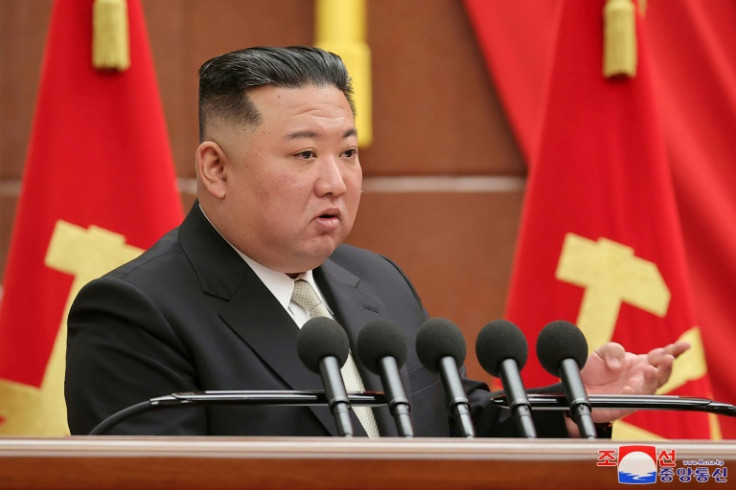
A study by South Korea's unification ministry has shed light on the lives of people living in North Korea.
The ministry interviewed over 6,300 North Korean defectors between 2013 and 2022. The survey began in 2010; however, their findings have just been revealed.
Around half of the people who arrived in South Korea between 2016 and 2020 claimed that they did not get any salaries or food from work. Over 72 per cent of them claimed that they never received government food rations, as opposed to the 62 per cent who came before 2000.
As many as 69 per cent of them claimed that they were able to make family income only through informal means.
While 39 per cent of people who arrived before 2000 made family income informally, 37 per cent of the respondents claimed that they did not get at least 30% of their income from the officials.
The number of people who were deprived of their income rose to 41% after leader Kim Jong Un took power in late 2011, the report said.
"We could confirm that the North Korean residents' housing, medical and educational environments are still underdeveloped, and marketisation continues in many aspects of their livelihoods for survival," Unification Minister Kim Yung-ho said in the report.
The big picture:
North Korea has a population of about 25 million people and has seen several challenges, including a severe food shortage. The pandemic only made the situation even worse, and North Korea has been forced to turn to Russia and China.
The reports about North Korea facing food insecurity have started pouring in since 2021. Kim himself had referred to a "tense" situation in the crisis. That same year, the state-run KCTV channel also reported that the country was facing a "food crisis".
North Korea has suffered several famines since the 1990s. It is also highly vulnerable to natural disasters, including floods and droughts. The Great Famine between 1994 and 1998 led to the deaths of an estimated 3.5 million North Koreans due to starvation or hunger-related illnesses.
However, it needs to noted that North Korea has never released any official figures related to the famine and the estimates are based on various international reports and conjectures.
In 2017, a North Korean defector, Lee Wi-ryeok, claimed that orphanages in the country starved children to the point where they were forced to scavenge for food. "If a cow excreted kernels of corn in the form of diarrhoea, we would rinse them out and eat those," he said in an interview with Daily NK.
The UN special rapporteur for human rights in North Korea revealed that around 42% of the North Korean population is currently malnourished.
A report by UNICEF, the World Health Organisation, and the World Bank Group released in May 2023 claimed that malnutrition due to food shortages is hindering the physical and mental development of North Koreans. It said that around one in six North Korean children under the age of 5 suffers from stunted growth due to malnutrition.







